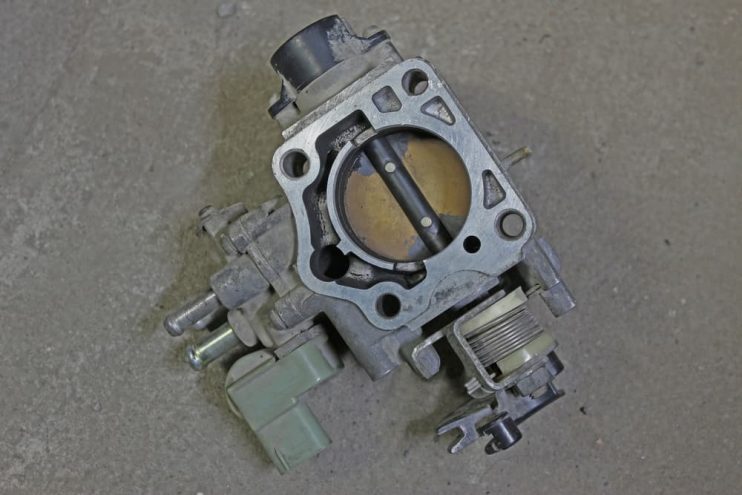
The throttle body is the part of the engine that mixes air with the fuel to allow combustion to take place. There are a number of symptoms that are often due to a failure in this part, including repeated stalling for no reason, problems with responsiveness of the acceleration pedal and stumbling or hesitation whilst accelerating.
Continue reading
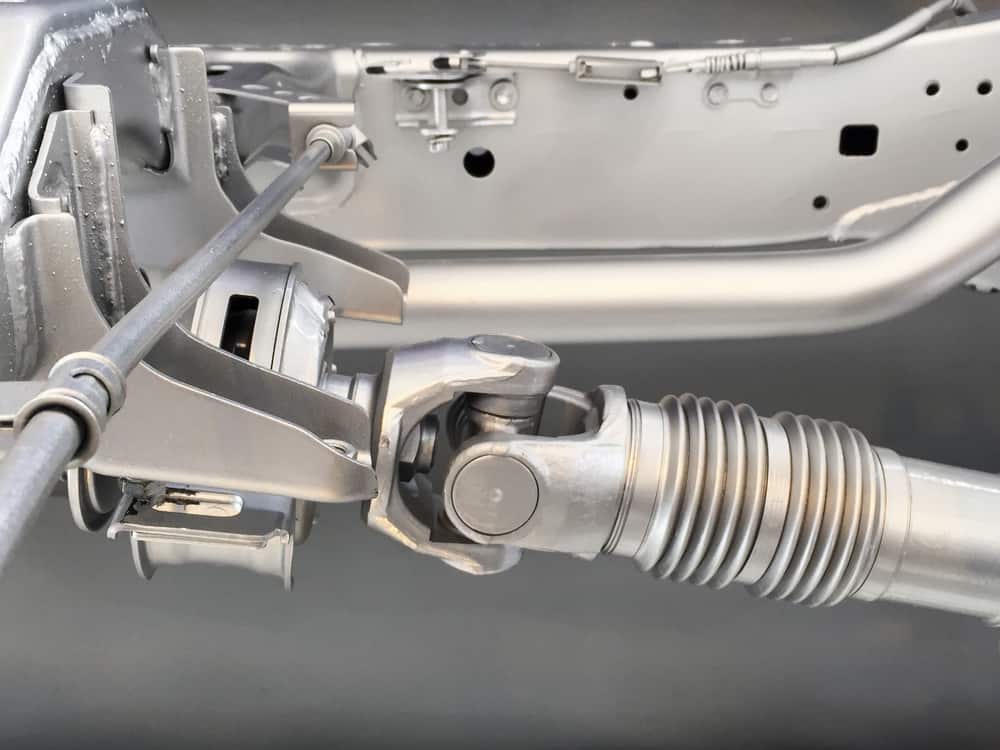 Your car’s
Your car’s 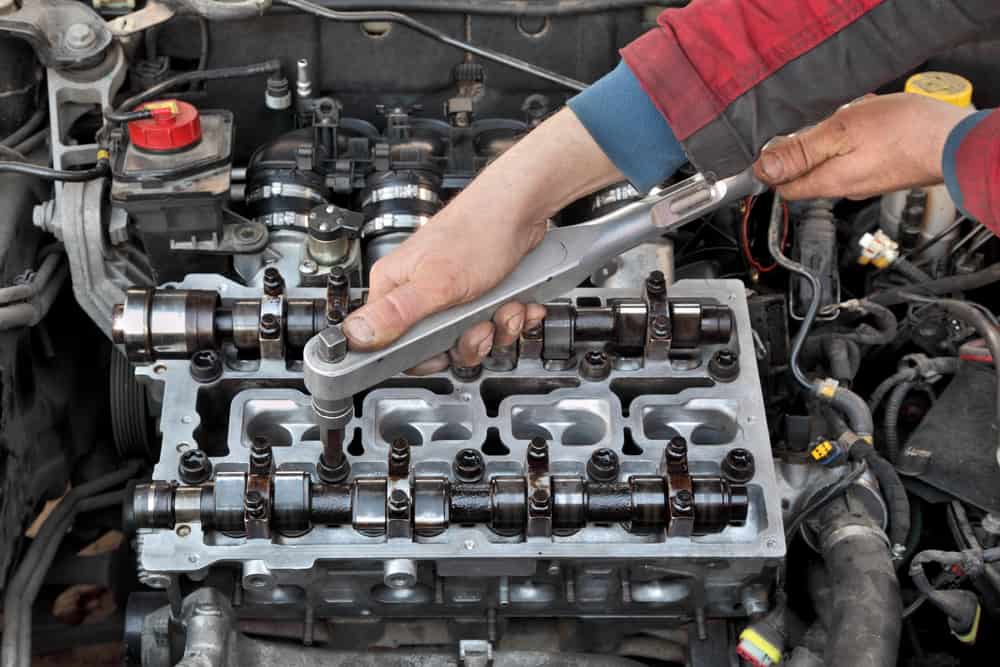
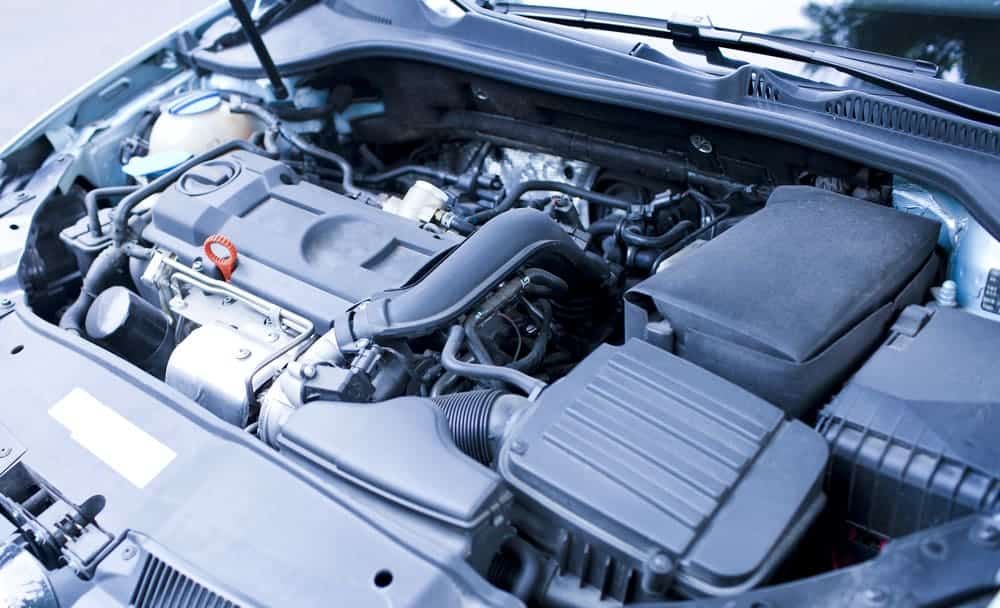
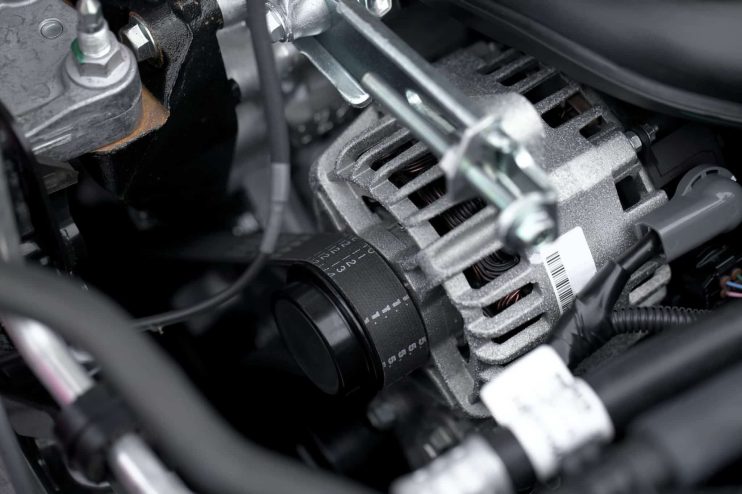
.png)